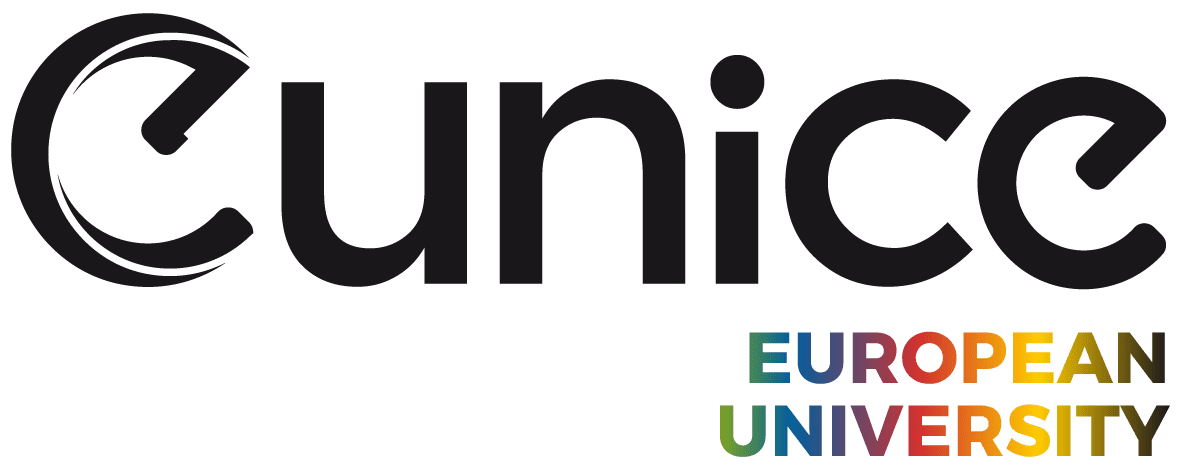The course Mediative, political and cultural dimensions of the trilingual state of Belgium will focus on the trilingual state of Belgium, with its varied political, cultural, and mediative dimensions, presents numerous definitions. In this course, we focus on the political, cultural, and mediative aspects of the Belgian regions. The goal is to explore Belgium’s diverse linguistic and cultural heritage. The lecturers aim to establish a clear relationship between mediation, language, law, politics, and culture, and to examine them from various perspectives.
A B2 level of French is required !



